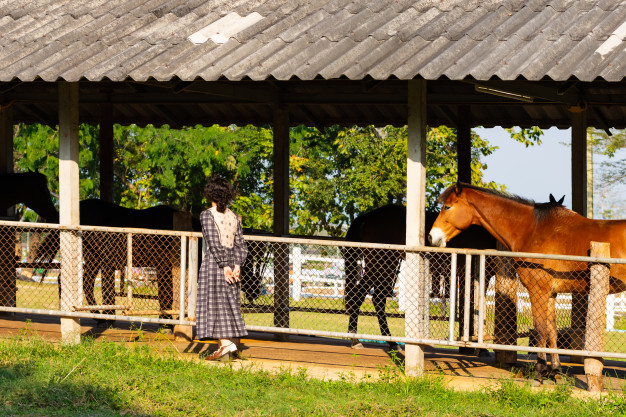Studies show that the average life span of a horse ranges from 25 to 33 years.
Can you imagine having a pet that lives that long? Have you ever considered raising a horse? What questions do you have about the process?
Buying and raising a horse is a large responsibility.
Keep reading to learn more about things you should know when raising a horse:
1. Plan Ahead Financially
The journey of raising a horse starts before you even buy it. There are many upfront and continuous costs involved in horse ownership and budgeting properly for them will help save you stress down the road.
2. Decide on a Horse
There are many factors that come into play when deciding on what horse to get. Picking a horse will depend on what you want to achieve with the horse.
Will you use it for barrel racing and competitions? Are you going to train it for shows? Do you plan to ride it on trails on the weekends?
Knowing what you want to do with the horse will help narrow down which breeds are best for that type of activity.
3. Prepare for the Time Commitment
As with any pet, raising a horse is a time commitment. Unlike a cat that you may feed once a day and be set, horses require more attention and care daily. They need hay, grains, and water typically twice a day.
In order to leave on a vacation or go out of town for the weekend, you will need to find someone that can provide the level of care your horse needs or have it boarded while you are gone. There are in-depth planning and time management that comes with horse ownership.
4. Find a Reliable Horse Veterinarian
A vet is a pet owner’s best friend and this is no exception when owning a horse. Finding a reliable veterinarian in your area and having them evaluate the horse regularly is important to keep your horse healthy for many years.
5. Take Riding Lessons
Taking riding lessons is important as you raise a horse because the more at ease you are with riding, the more comfortable the horse will be.
You may know how to ride a horse already but learning how to give proper riding cues and read your horse’s body language will be important as they grow.
6. Develop a Routine When Raising a Horse
Routines are beneficial for both the horse and the human. Setting designed feeding times each day and a routine for the horse will help it adjust when you first purchase it and develop a routine of its own.
The consistency of this routine, even when you are out of town, will help the horse feel at ease knowing when it will be fed and attended to.
7. Invest in Equestrian Supplies
Spending money on quality equestrian supplies is very important for both you and your horse. Using quality supplies means comfort for both you and the horse and equipment that lasts a long time because it is well-made.
While certain equestrian equipment can be costly, you won’t have to replace it every few years like some other products.
Get Started Today
Are you ready to start raising a horse today? While horses can be a lot of work, they are pets that live long lives as great companions.
Did you find this article useful? Explore our site for other helpful articles.











